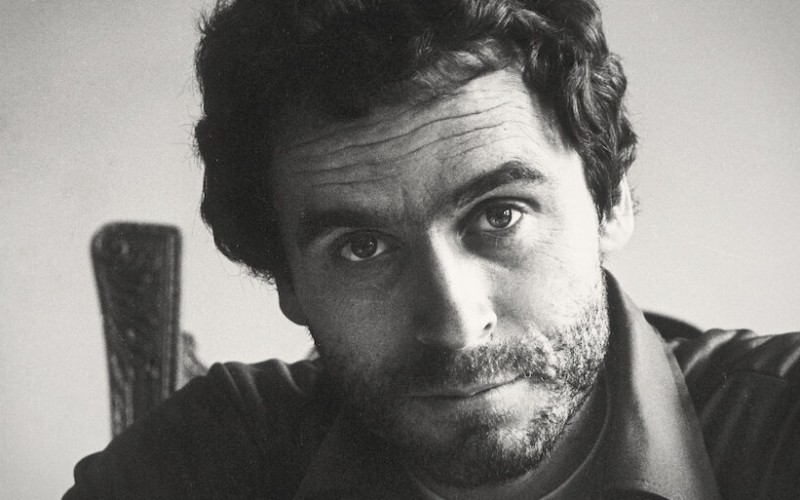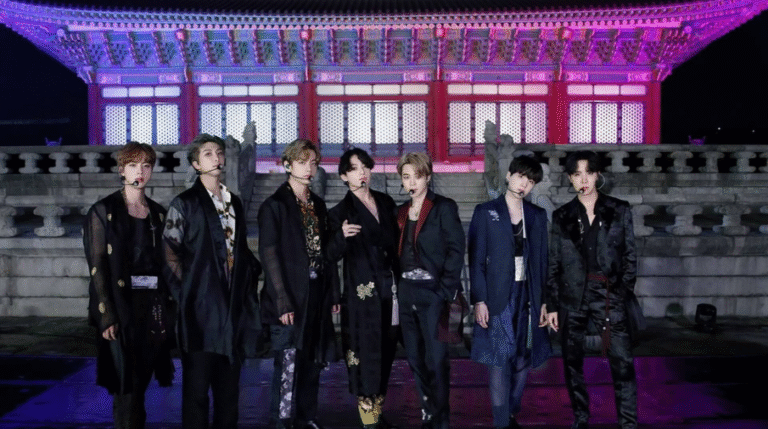
Netflix’s Monster: The Ed Gein Story premiered on October 3, extending Ryan Murphy’s ever-growing “Monsters” anthology of infamous serial killers. After dramatizing the likes of Dahmer — now the fourth most-watched Netflix series of all time — and the Menendez brothers, Murphy turns his lens toward Ed Gein, the so-called “Butcher of Plainfield.”
A reclusive grave robber from 1950s Wisconsin, Gein was notorious for exhuming corpses and crafting “trophies” from their flesh and bones. So far, he has inspired a dozen horror film characters. Most famously, Norman Bates from Psycho, Leatherface from The Texas Chain Saw Massacre, and Hannibal Lecter from The Silence of the Lambs.
But the latest edition of the Monsters anthology doesn’t unearth anything new. It merely reminds us how saturated our screens have become with recycled nightmares. How consistently the media preys on our morbid curiosity for profit, churning out movies and docuseries one after another.
Every Monster Gets a Netflix Miniseries

Take Jeffrey Dahmer, for example. There are approximately 20 projects inspired by his life and crimes, dating back as early as 1992. Dahmer (2002) even launched Jeremy Renner’s career, with critics praising him for doing a “tremendous job of humanizing” the Milwaukee Monster.
Zac Efron starrer Extremely Wicked, Shockingly Evil, and Vile (2019) reignited media’s obsession with Ted Bundy, the notorious serial killer and necrophile who confessed to raping and murdering at least 30 women during the 1970s. The film’s trailer sparked outrage over the inclusion of Efron stripping and winking at the camera, sexualizing a figure whose image media has hypersexualized for four decades.
The pattern repeats with the new Ed Gein installment. Charlie Hunnam’s casting drew immediate criticism when the trailer dropped, showing Hunnam as Gein caressing everything from cows to corpses of dead women. Given the autoerotic nature of Gein’s violence, he appears shirtless several times — and fully nude, covering his genitals in just the first episode.
Murphy has never demonstrated the sensitivity this subject matter demands. Remember the implied incest between the Menendez brothers in season two of Monsters? This is a creator who consistently prioritizes shock value over ethical storytelling.
Of course, Murphy’s “Monster” anthology isn’t the first time the media transformed a sex offender into a sex symbol. In fact, Evan Peters, who plays Dahmer in Monster: The Jeffrey Dahmer Story, joined a long list of actors whose characters got turned into romantic heroes simply because the actors were conventionally attractive. Writers bending over backwards to turn serial killers into tragic antiheroes only helped.
Romanticizing a Murderer

This sexualization-dramatization of serial rapists and murderers like Gein doesn’t come without dire consequences.
In today’s world, filmmakers have normalized on-screen crime to an extent that desensitizes viewers completely, potentially fueling hybristophilia. Commonly known as “Bonnie and Clyde syndrome,” hybristophilia is characterized by sexual arousal and romantic attraction towards people known to have committed violent crimes.
Psychologist John Money’s studies found that heterosexual women experience this disorder more often than men. They view the convicted criminals as not evil, but misunderstood and in need of their love. Precisely what happened with Bundy, then Dahmer, followed by the Menendez brothers. Now, Netflix has added another monster to the list.
“You’re the One Who Can’t Look Away”
The true crime machine depends on our voyeurism, a dynamic perfectly captured by the last line in the trailer for the new Ed Gein installment. Hunnam as Gein looks straight into the camera and says: “You’re the one who can’t look away.”
It’s a meta-commentary that implicates the audience. Yes, Netflix green-lit the production, but aren’t we complicit in this cycle?
Every time we click play on these shows, we signal to Hollywood that there’s a market for glamorized violence. We tell them that attractive actors playing murderers will draw millions of viewers. We validate the business model that turns real victims’ trauma into binge-worthy content.
Dahmer became the fourth most-watched series in Netflix history. That success guaranteed more seasons, more serial killers, more victims’ families watching their loved ones’ deaths dramatized for entertainment. Even Erik Menendez called season two of Monsters, based on the brothers’ lives, a ‘dishonest portrayal’ full of ‘blatant lies.’
The truth is, we don’t need another Ed Gein story. What we need is a confrontation with our appetite for consuming violence packaged as entertainment. And with the industry that keeps profiting from our darkest curiosities.
For more such informative articles, stay tuned at The World Times.



